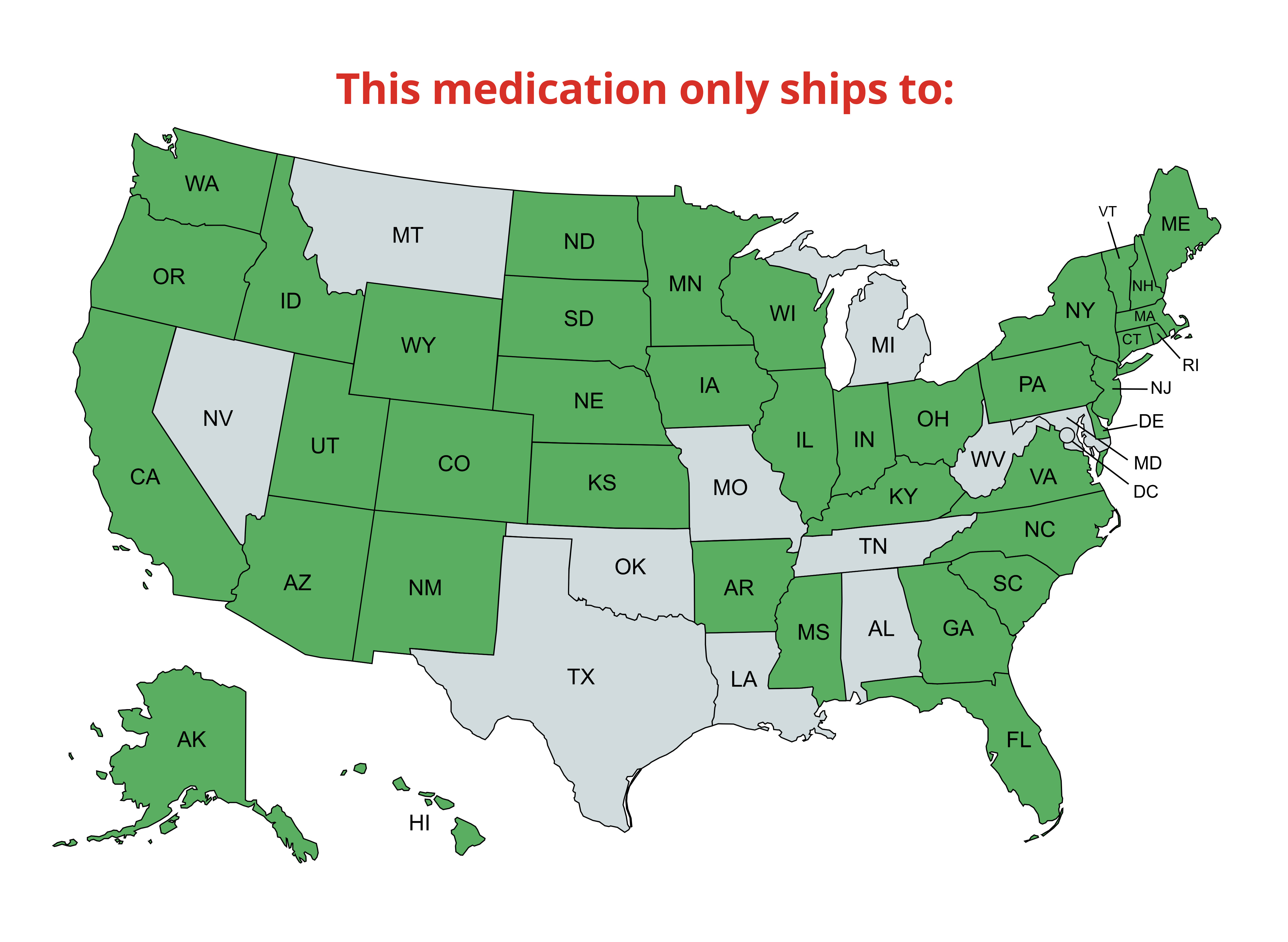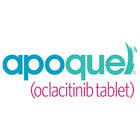
Relieve Discomfort: Prednisone Tablets 1mg for Dogs
Vets often recommend administering prednisone tablets to dogs for treating a variety of health issues. Prednisone is categorized as a corticosteroid drug given to dogs to decrease inflammation, inhibit the immune response, and relieve symptoms linked to allergies, autoimmune conditions, and specific forms of cancer.
Vets often suggest using prednisone tablets to address various inflammatory and immune-related problems in canines. Even though prednisone can alleviate symptoms, it is crucial to adhere to a veterinarian's instructions and monitor for potential side effects. When administered appropriately, prednisone has the potential to improve the well-being of dogs with various health conditions.
Benefits:
- Each tablet contains prednisone, a man-made corticosteroid that has anti-inflammatory and immunosuppressant effects.
- Advantages: Prednisone pills help control various problems in dogs like allergies, skin conditions, arthritis, inflammatory bowel disease, and respiratory issues.
- The dosage of prednisone tablets administered to a dog depends on their weight, the seriousness of their condition, and the recommendation of the veterinarian.
- Give prednisone tablets by mouth, following the provided instructions, with or without food. Adhering to the veterinarian's instructions on dosage and administration is crucial to ensuring effectiveness and reducing the risk of side effects.
Dose of Prednisone for Dogs:
Use exactly as directed by your veterinarian, as dosage may vary depending on the desired effect and severity.
Storage Instructions:
Store at temperatures between 68° - 77°F.
FAQ
What is the reason for dogs being given prednisone tablets?
Dogs are prescribed prednisone tablets for a variety of conditions including allergies, skin problems, arthritis, inflammatory bowel disease, respiratory issues, and other immune-related conditions.
Can one develop side effects from taking prednisone tablets?
Indeed, typical side effects of prednisone in dogs may involve heightened thirst and urination, alterations in appetite, weight gain, digestive problems, and shifts in behavior. Prolonged use of prednisone can also result in higher chances of side effects, such as a weakened immune system and increased vulnerability to infections.
What is the timeframe for prednisone tablets to show an impact in dogs?
The duration for prednisone tablets to show results can vary based on the specific illness being addressed. There are instances when dogs may exhibit rapid progress after receiving treatment, while in other situations, progress may take longer to become noticeable.
Can prednisone tablets be safely given to young dogs?
Puppies can be given prednisone tablets under the guidance of a veterinarian, though the dosage may need to be altered due to their smaller size and growing immune system.
Can dogs safely stop taking prednisone treatment suddenly?
Suddenly stopping prednisone treatment in dogs can result in withdrawal symptoms and worsen the underlying condition. Following the veterinarian's guidance on tapering prednisone dosage is crucial to prevent negative outcomes.
What is prednisolone vs prednisone for dogs?
Prednisolone and prednisone, frequently used in veterinary medicine for dogs, are corticosteroids that effectively manage a range of conditions. While they bear resemblances, there exist distinct variances between the medications.
- Prednisolone is already active in the body and does not need to be converted in the liver like prednisone. It is commonly chosen for dogs with liver problems or those that do not react positively to prednisone.
- Prednisone is categorized as a prodrug because the liver must convert it into prednisolone for it to be effective. It is commonly employed in veterinary medicine and has been proven to successfully address inflammation, allergies, autoimmune disorders, and various health problems.
Prednisolone and prednisone function alike by inhibiting the immune system and decreasing inflammation within the body. The vet will assess your dog's condition and general health to decide the best treatment plan.
What are prednisone withdrawal symptoms in dogs?
Dogs may experience symptoms of withdrawal from prednisone when the medication is slowly tapered or discontinued after long-term use. Possible signs may include:
- Lack of enthusiasm: Dogs may appear tired or have low energy levels.
- Weakness: Muscles may feel weak or shaky.
- Reduced appetite: Dogs may consume smaller amounts of food or become disinterested in eating.
- Changes in the digestive system can lead to symptoms like vomiting or diarrhea.
- Dogs might experience a higher level of thirst and a greater need to urinate more often.
- Dogs can exhibit variations in behavior, such as heightened energy, anxiety, or irritability.
- In certain situations, dogs may suffer from joint pain, which can result in stiffness or discomfort.
Before adjusting your dog's prednisone dosage, it is important to first seek advice from your veterinarian to prevent withdrawal symptoms and ensure your pet's health and happiness are maintained. Your veterinarian can offer advice on gradually reducing the medication dosage and addressing any potential withdrawal symptoms.
All prescription items are Non-Refundable and Non-Returnable.
NOTE: For generic medications, picture displayed may not depict actual product. Generic medications may vary from one order to the next by size, color and shape depending on manufacturer. Please note product may arrive in a Hardy Paw Pharmacy vial.
Recommended for the Prednisone Tablets, 1mg
Product title
Vendor
$19.99 | $24.99
Product title
Vendor
$19.99 | $24.99
Product title
Vendor
$19.99 | $24.99
Product title
Vendor







